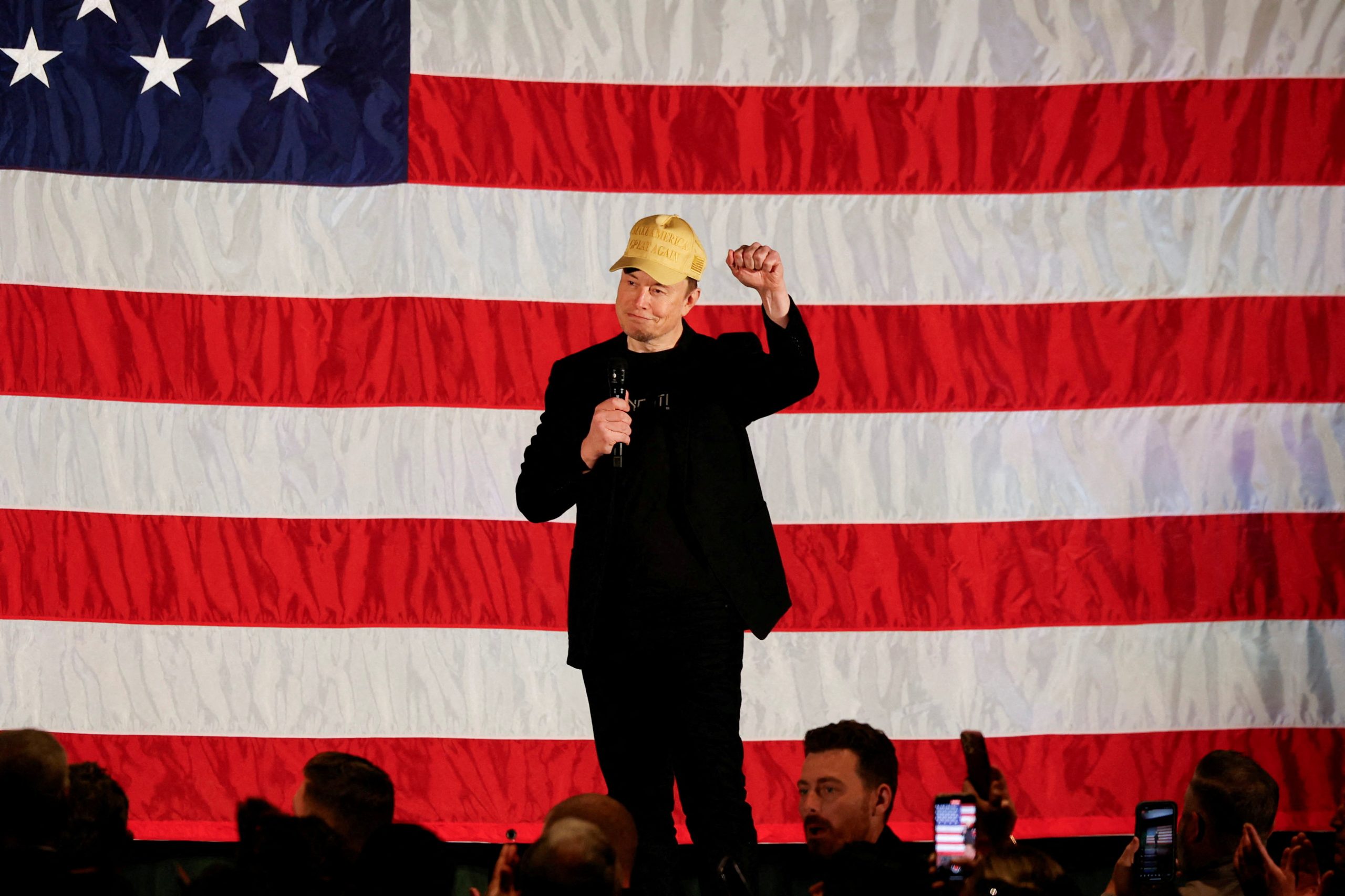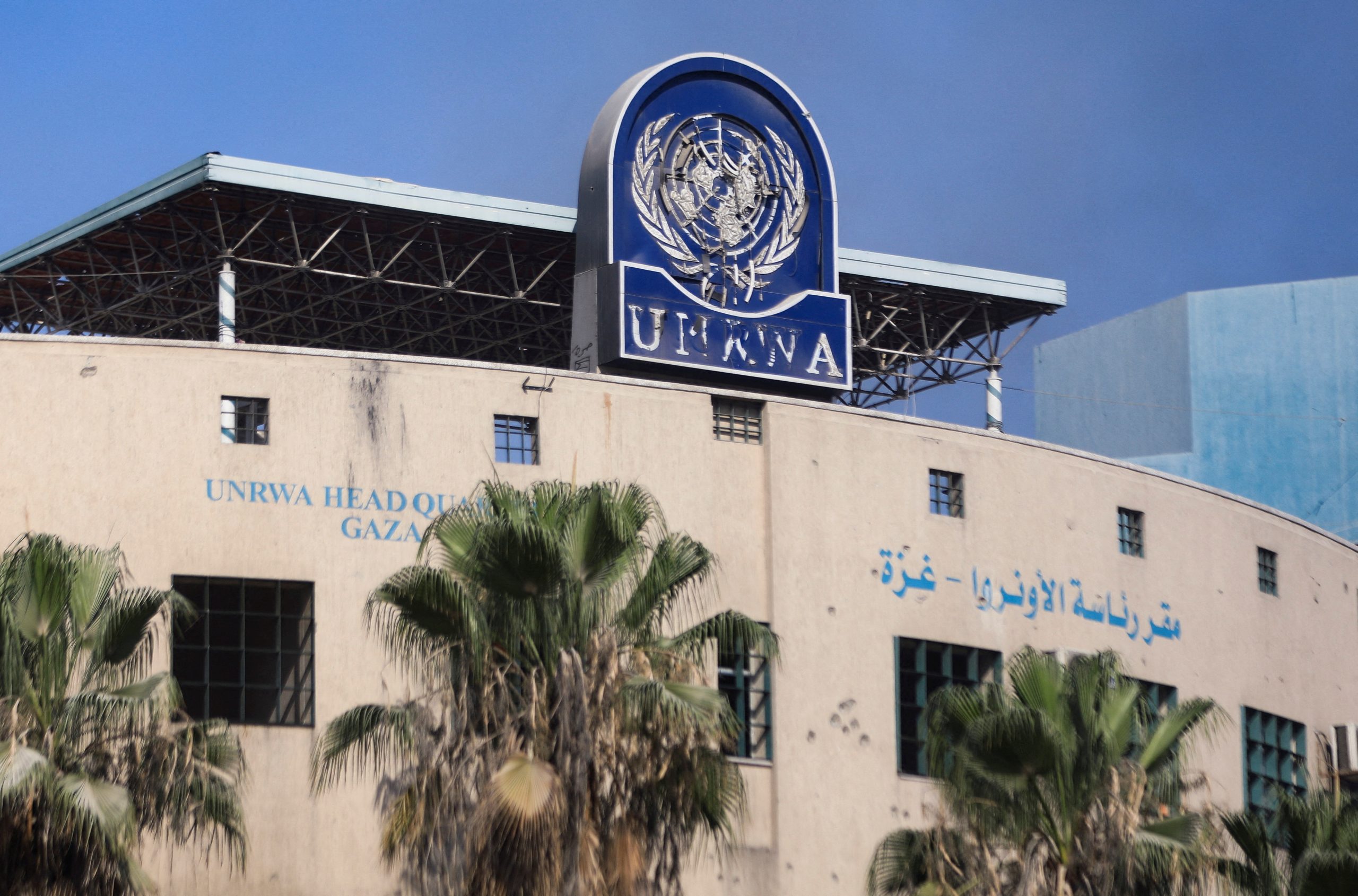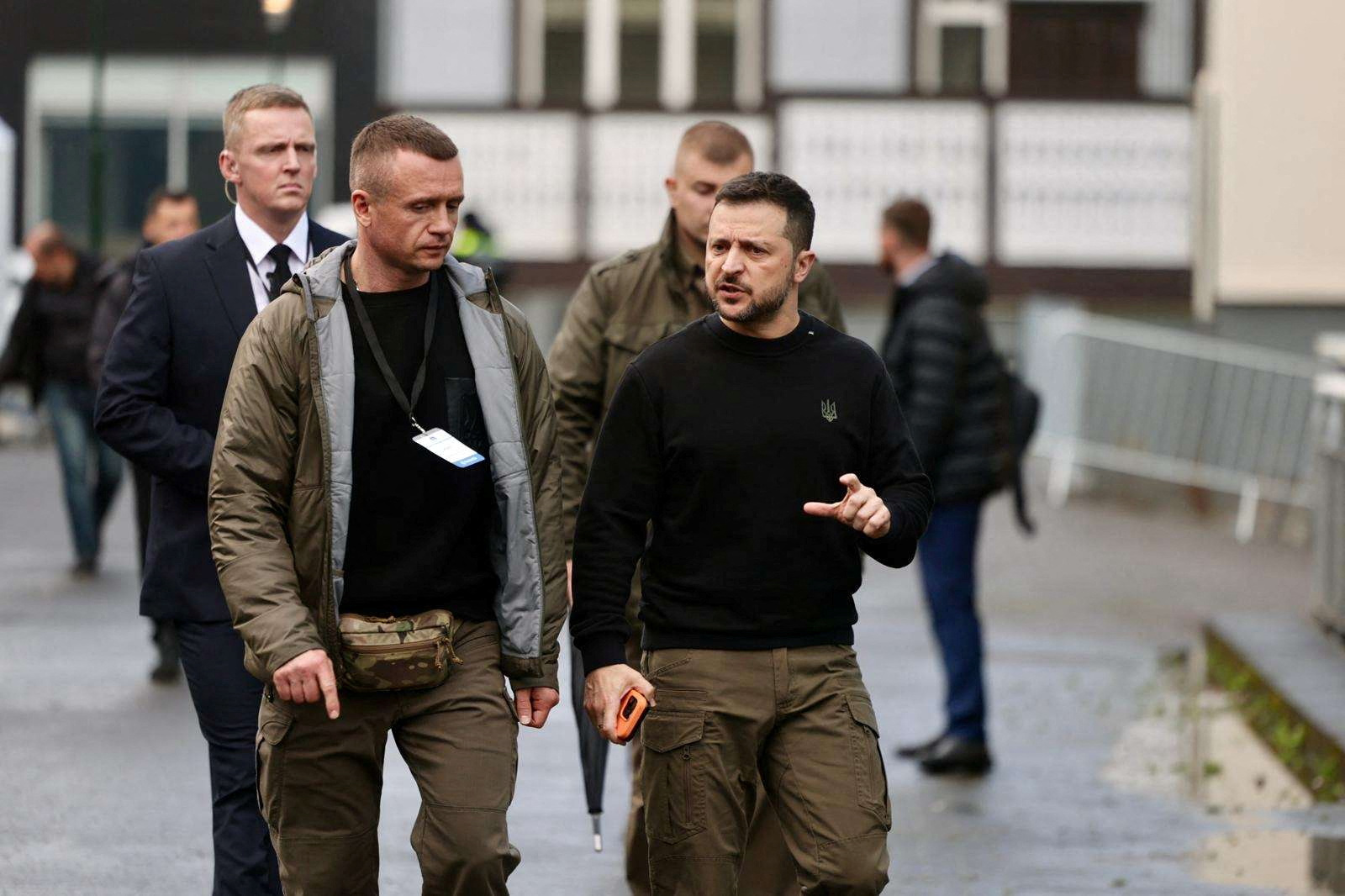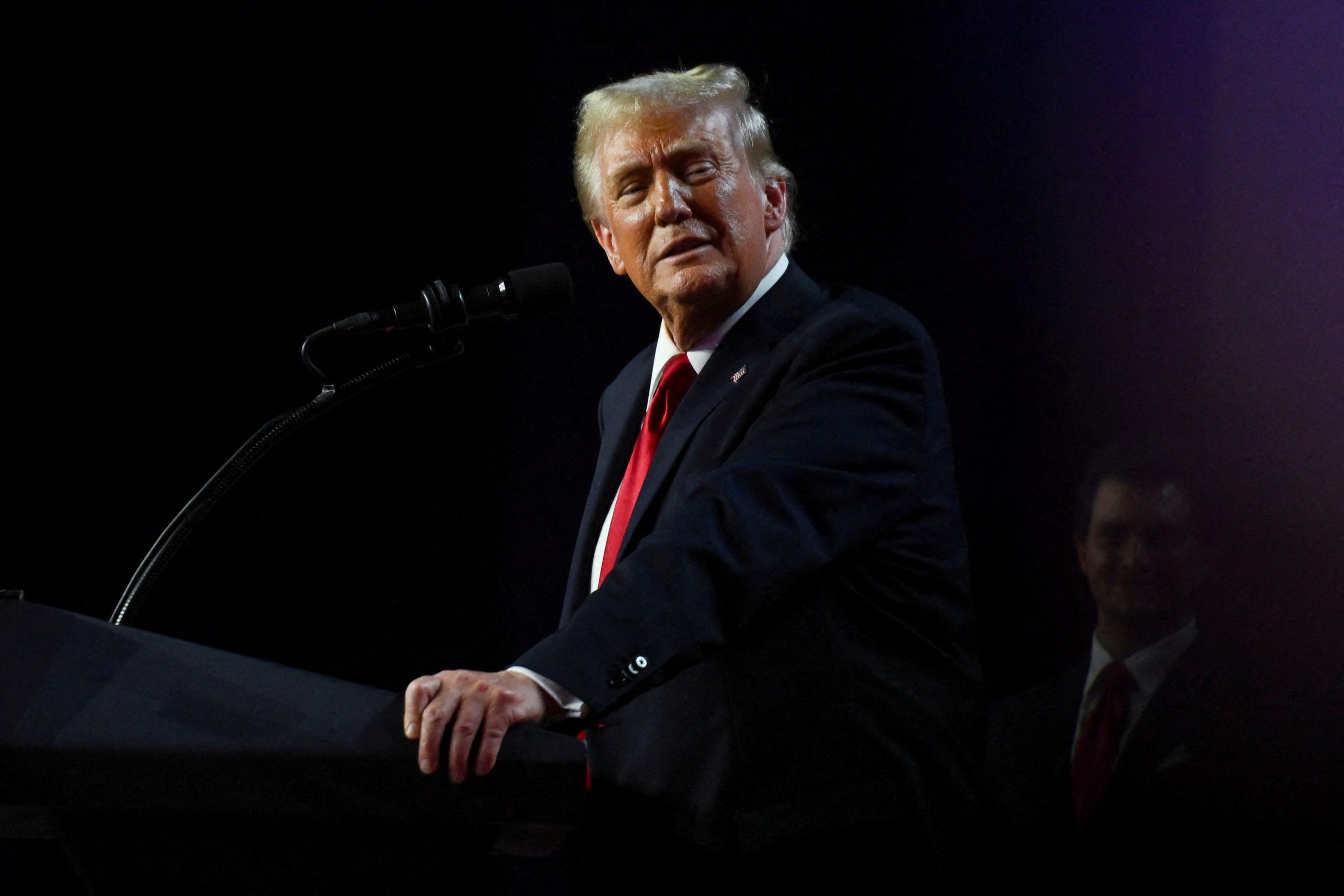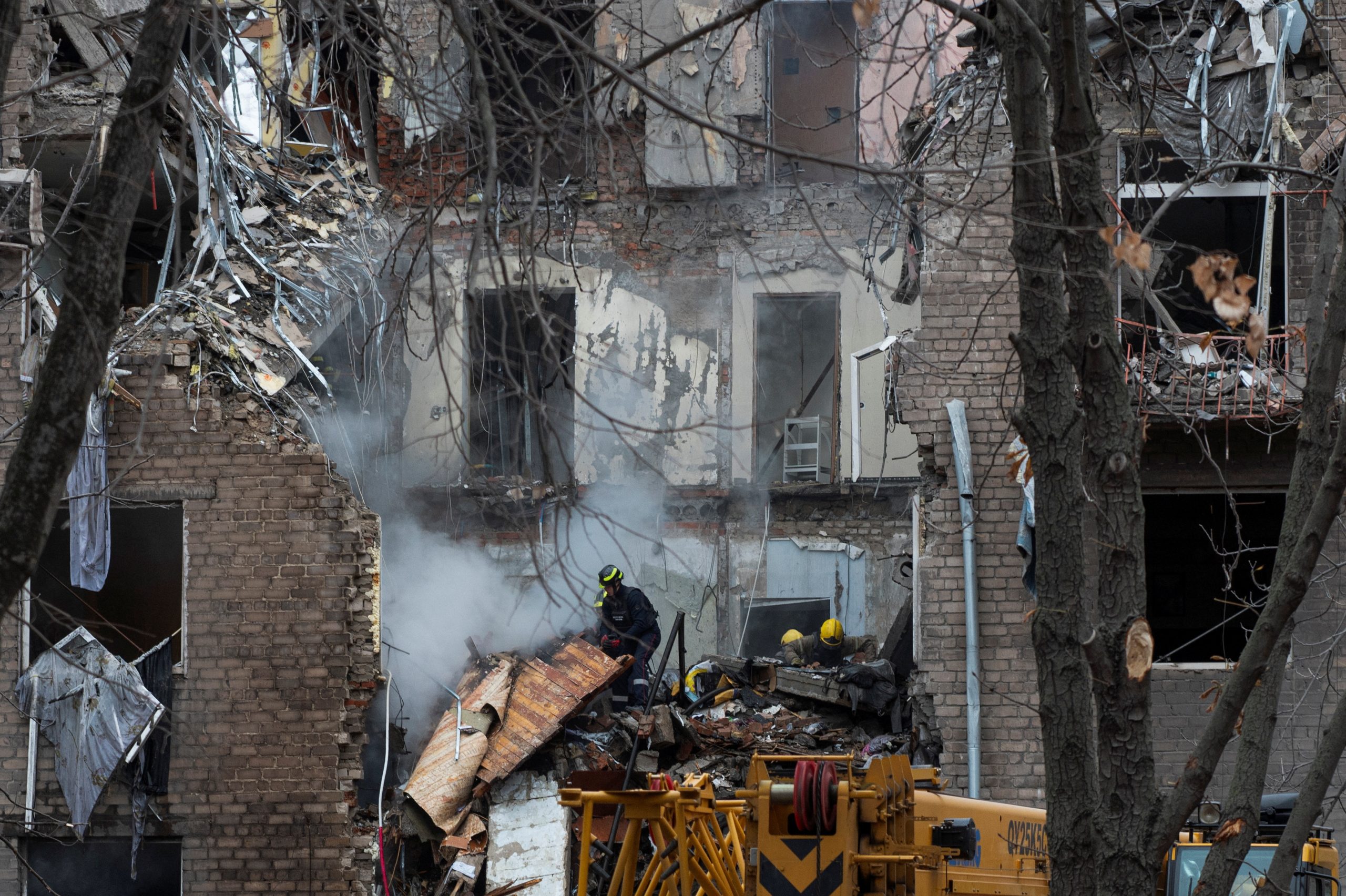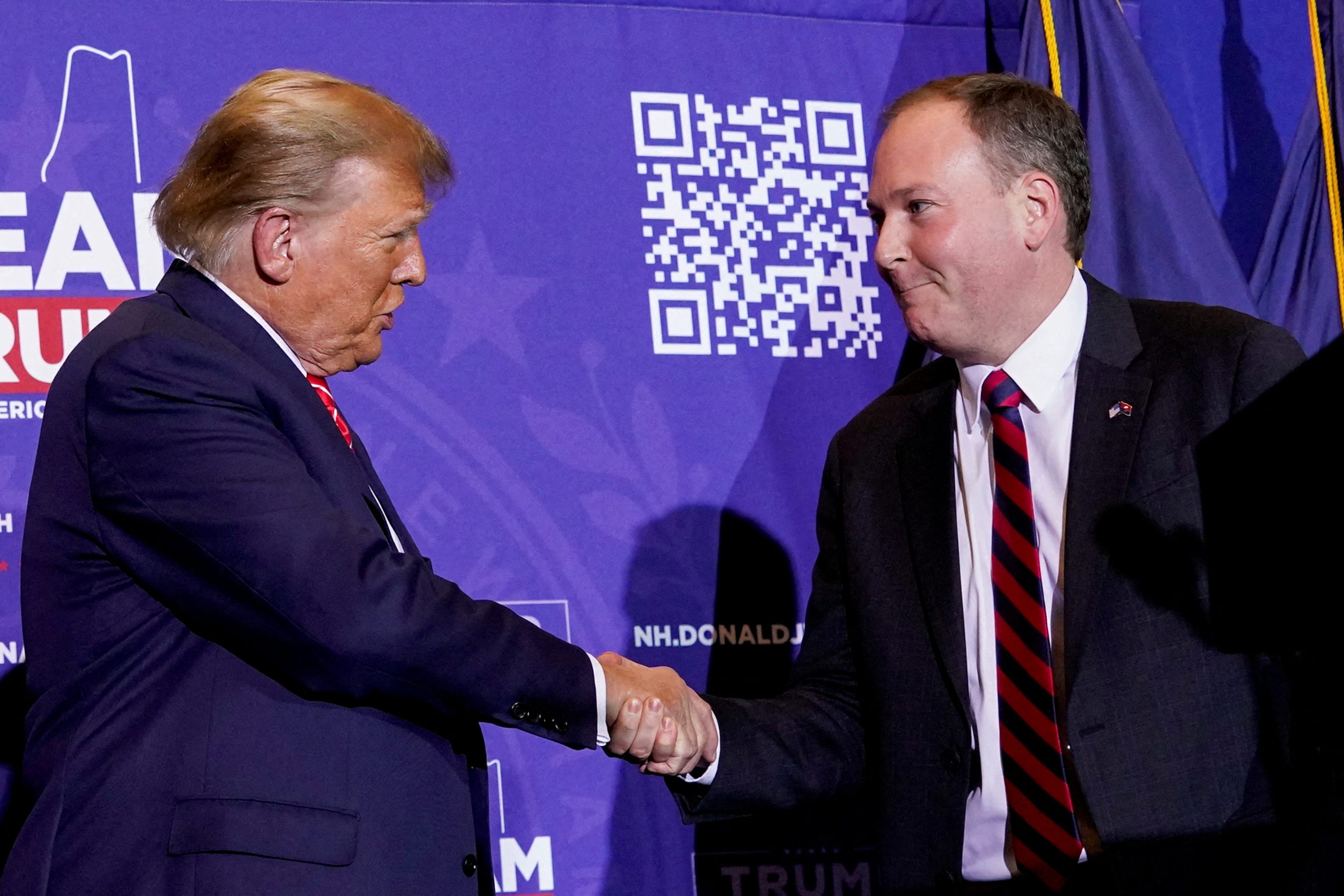“Is the U.S. billionaire really in bed with Russia?” That’s the question lighting up headlines across the world as bombshell reports claim Elon Musk has kept a “direct line” to none other than Vladimir Putin since late 2022. Amid a flurry of revelations, The Wall Street Journal alleges Musk’s contact isn’t just limited to Russia’s top brass. His channels reportedly also reach Sergei Kiriyenko—a name unknown to most Americans but a titan within the Kremlin. Once Russia’s youngest prime minister, Kiriyenko has risen to become Putin’s right-hand man, overseeing occupied territories in Ukraine and driving Moscow’s propaganda machine.
The alleged phone calls between Musk and Russian insiders come as tensions over Ukraine remain volatile. In these conversations, Musk has echoed pro-Kremlin rhetoric, like his infamous social media post suggesting Crimea was “Russian since 1783.” To Putin’s regime, Musk is a golden ticket. With his grip on the influential social media platform X (formerly Twitter), he can reach millions, shifting public perception on global conflicts with a single post. As Dr. Ruth Deyermond of King’s College London points out, “For the Russian government, Musk gives a unique prize… persuading him to adopt their point of view would be a huge success.”
But Musk isn’t the only one reportedly testing uncharted waters with Russia. Just weeks before this story broke, former U.S. President and current Republican nominee Donald Trump was also rumored to have opened lines with Moscow. Although Trump denies making calls to Putin since the invasion, his connections to Musk have spurred theories about a possible alignment of American power players with the Kremlin’s interests. And with Trump’s re-election campaign underway, having an ally in Musk could be pivotal—especially considering Musk’s access to sensitive military technology, like the Starlink satellites critical to Ukraine’s communication grid.
Musk’s reported Russian connection runs deeper, though, into the shadowy Kremlin ranks. Experts believe Kiriyenko’s hand in Russian affairs has morphed from liberal reformer to regime loyalist. Now 62, Kiriyenko has reinvented himself into a key Kremlin operator, managing sham referendums in Ukraine’s occupied territories and even coordinating Russian propaganda operations online. His son Vladimir’s rise as CEO of VKontakte—the Russian social media giant controlled by Gazprombank—speaks to the powerful family ties and influence woven into Russia’s authoritarian system.
This revelation has U.S. officials and policy experts worried. As a U.S. contractor, Musk’s influence stretches well beyond the internet, with stakes in defense technology that intertwine with American national security. “You don’t have to be in the Russian government to be operational on its behalf,” Deyermond emphasizes. And if true, Musk’s alleged contact with Kiriyenko—a man on U.S., EU, and UK sanctions lists—could send shockwaves through Washington, raising questions about how much sway a private U.S. billionaire has over policy that affects Eastern Europe and beyond.
With these reports, the stakes have never been higher. As Putin tightens his grip on Ukraine and Musk continues to straddle roles in both the American tech world and global politics, his ties to Russian power brokers are throwing gasoline on an already dangerous fire.
Sources for this article include: The Wall Street Journal, expert analysis from King’s College London.

